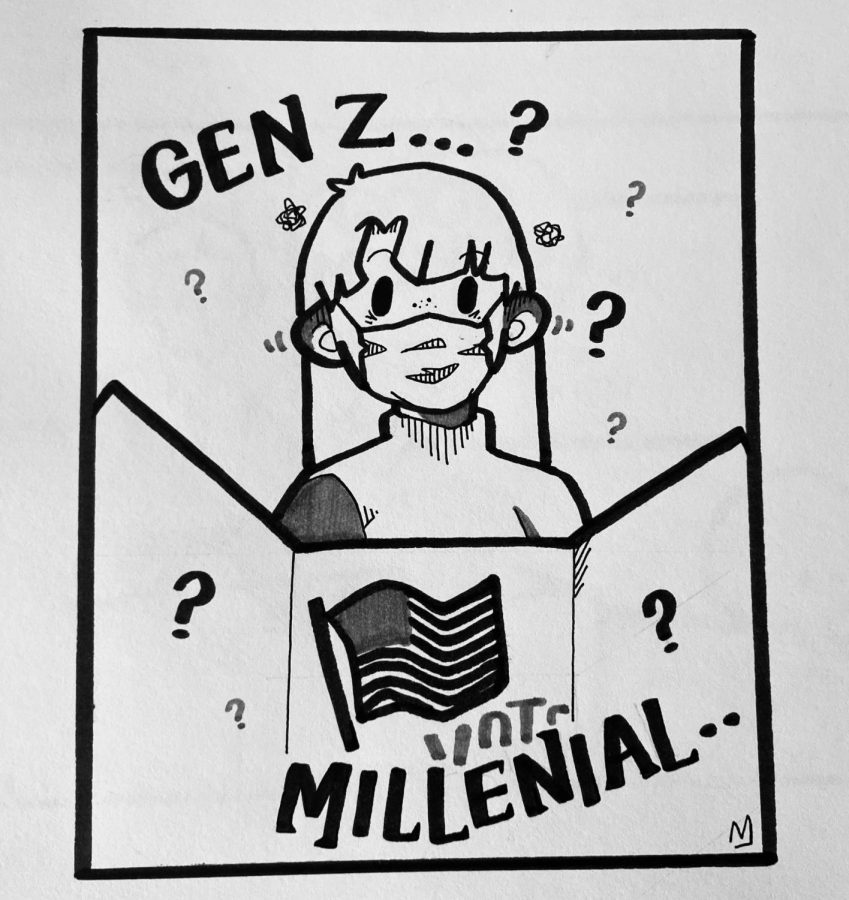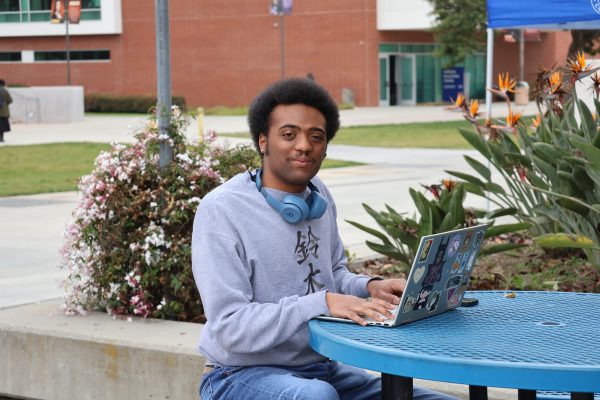Why your voice needs to matter this election
The work required of college students to have their voices heard is perpetual, and unless they continue to register and vote, the way things are cannot and will not change.
Living amid a relentless pandemic, simply quelling daily fears and anxiety, feels like a herculean task. Civic obligation does seem like the lowest priority in a fight to stay healthy and whole.
But feeling fearful, anxious, and apprehensive about the current state of affairs is why voting is essential.
Vox Media, a multi-platform news outlet, showed that white voters had a “higher voting power” than African-Americans (16% less) and Latinx (28% less) after factoring in the electoral college.
According to a 2020 state report from the California Community Colleges Chancellor’s Office, African-American students accounted for 5.76% and Latinx students accounted for 45.25% of the total 2.1 million community college students in California.
Being silenced, however, is not something exclusively reserved for those marginalized by race, color and creed. From the Vietnam War to Laura Ingraham infamously telling LeBron James to “shut up and dribble,” the youth of this nation has been asked to wait quietly in the background while decisions are made.
With the rising cost of education, crushing debt, rampant elitism across industries, record high unemployment and tens of thousands of new graduates applying for entry-level positions barely making ends meet, times are tough for students.
Gen Z, the 25-year-old and under demographic, represents the lowest number of registered voters in nearly every voting cycle, according to the California Secretary of State’s office. From 2016 to 2018, the number of registered Gen Z voters in California declined by 55,755.
As communities are ravaged by social injustice, the health of the working class is deemed irrelevant. Essential workers are pressured to perform, and human life is valued by income and influence, making the voice of young Americans required to effect change.
However, action is required to reinforce that voice.
If the younger population does not vote, elected officials have zero incentive to care about the issues that affect young people because they have an inconsequential impact on the president’s job security.
Young people and groups that have been traditionally marginalized in this country need to continue to fight, be heard, and effect change.
Joshua Casper, an assistant professor of political science at El Camino College, explained that if students aren’t political enough, institutions and entities like banks, landlords and the FDA can take advantage and abuse them simply because of their political inactivity.
“So you have to be informed,” Casper said. “You don’t have to be an expert, but you have to be informed enough to defend yourself and protect yourself and have your voice heard.”
With movements that started from #MeToo to Black Lives Matter, young Americans are no longer willing to “wait quietly in the background.” The youth of this nation has a powerful voice, and they can demand that voice to be heard.
The upcoming presidential election is pivotal for change, and it is up to those who want to be heard to ensure that they are.
Important Things to Know and Remember
CA Student Voting is a partnership between higher education institutions in California and the Secretary of State’s office. It hopes to encourage civic engagement and promote a democracy more inclusive of student voices.
Voter Registration Deadline: Submitted online or postmarked by Oct. 19
Vote-by-Mail Ballot Request: Arrive at registrar’s office by Oct. 27
Election Day: Nov. 3
CLICK HERE to Register to Vote | Check Voter Registration Status | Pre-Register to Vote





